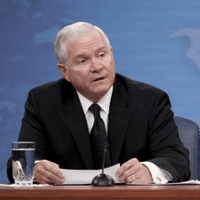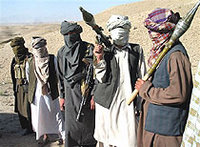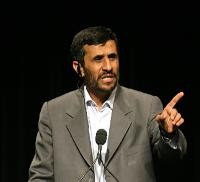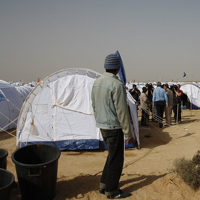
The meeting last week between China’s ambassador to Qatar and the head of Libya’s opposition movement signaled a proactive new phase in China’s engagement with Libya’s future. The move is a further step away from China’s traditional insistence on not interfering in the internal affairs of other nations and privileging intergovernmental relations. Yet there are reminders of a not-too-distant past when Maoist China had extensive contacts with rebels around the globe. Now, China is testing out new responses and possibilities for conflict mediation while also looking to secure its own interests, whatever the outcome in Libya. China showed considerable flexibility […]










